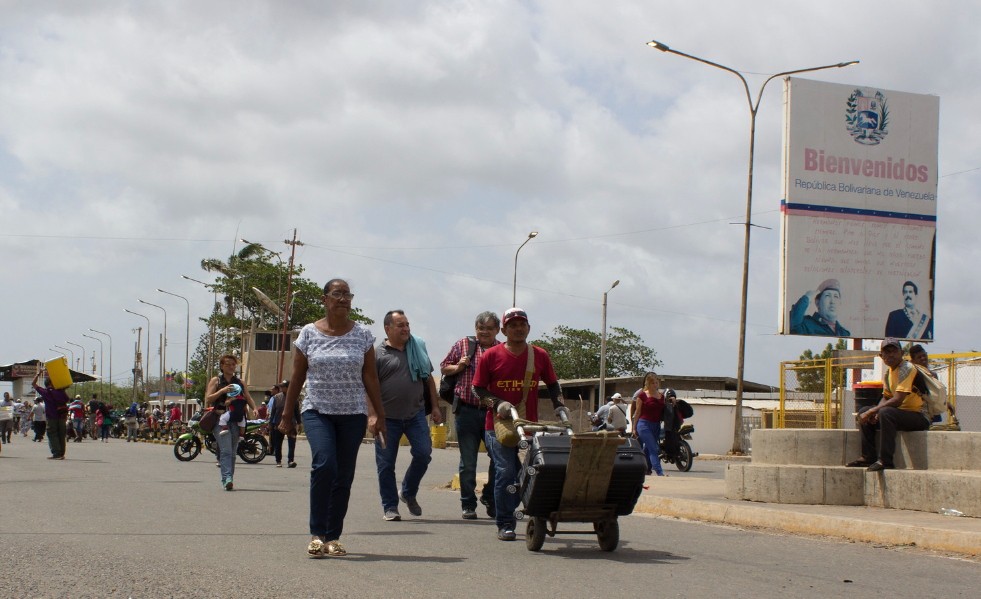
It is no coincidence that, after so many years of ignoring the immigration issue, the creation of a public agency for this problem is announced in the middle of the campaign.
By Andres Cañizalez* (Latinoamérica21)
HAVANA TIMES – In Venezuela, for several years, Chavismo had managed to remove the issue of massive migration from the political debate. In the July 28, 2024 presidential elections, however, it has become a relevant issue and possibly one of the main factors, from potential voters perspective, that play against Nicolas Maduro’s permanence in power for another six years.
Earlier this June, the R4V platform, which brings together the efforts of the UN Refugee Agency (UNHCR) and the International Organization for Migration (IOM) to address the effects of this exodus to neighboring countries, reported that 7.7 million Venezuelans have left the country since 2015.
This mass exit coincides with the term in power of Maduro, who has held the presidency of Venezuela since December 2012. In an electoral campaign where he uses state resources and has banned observation from the European Union, he is seeking reelection to remain in office until 2030.
Beyond the fact that migration, as a social phenomenon and in this case a massive one, is multi-causal, among Venezuelans the perception prevails that “people started to leave” during Maduro’s years in power.
The ruler inherited a crisis in gestation, no doubt, but the inertia that characterized his first years, which prevented him from promptly breaking with “the legacy” of his political father, Hugo Chávez, led the country to a complex humanitarian crisis that exploded precisely around 2015 with a generalized shortage of food and medicines together with macroeconomic imbalances similar to those in countries after a war or natural disaster.
For Chavismo in power, as the dictatorship in Cuba has long done, massive emigration was interpreted as an escape valve. With millions of people less inside the country, there would be more room for maneuvering in the face of the major crisis that ended up affecting all aspects of Venezuelan social life.
The official strategy, in general, was to evade the issue and deny any responsibility. It looked the other way in the face of a gigantic process: in less than a decade, a quarter of the population li


